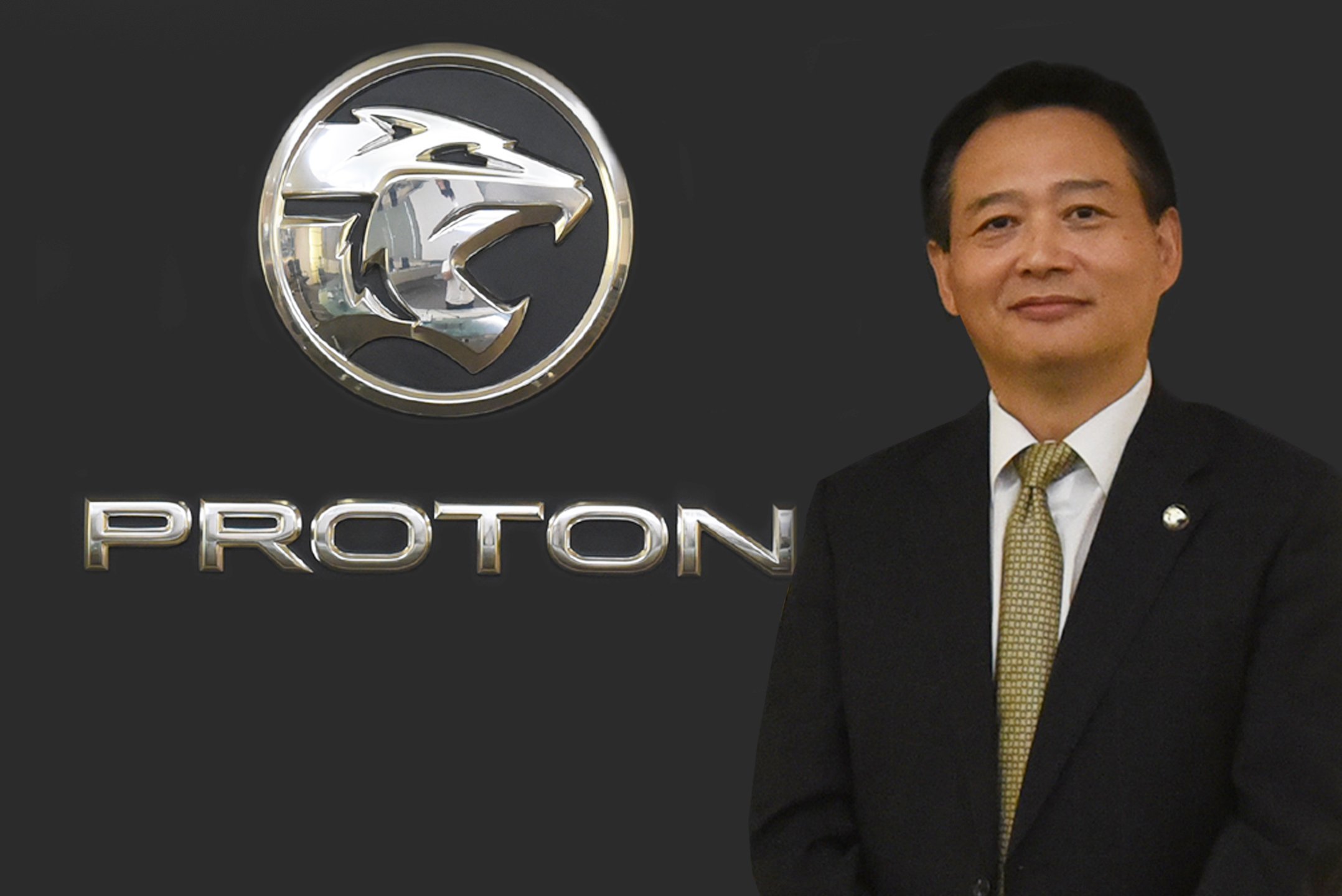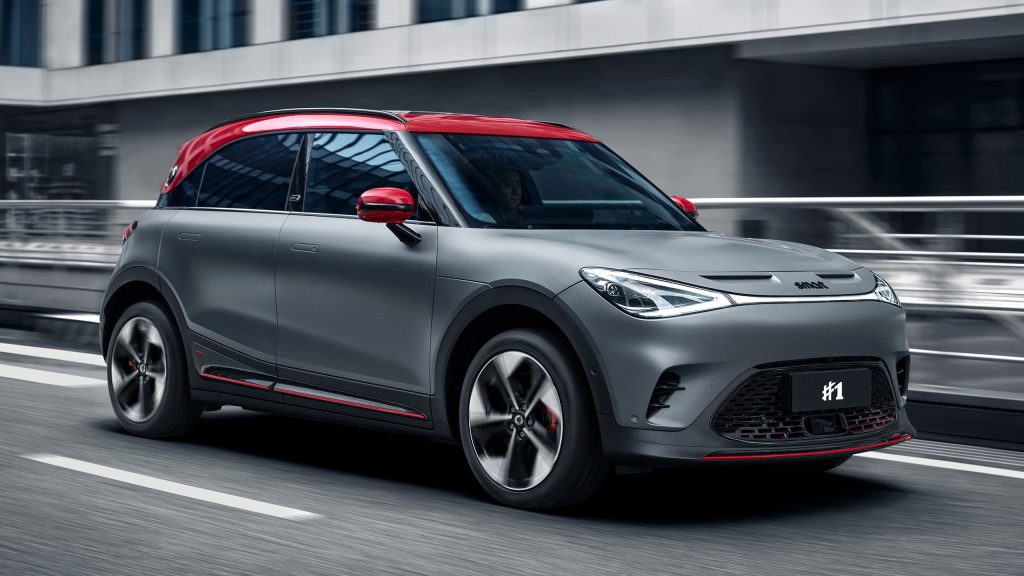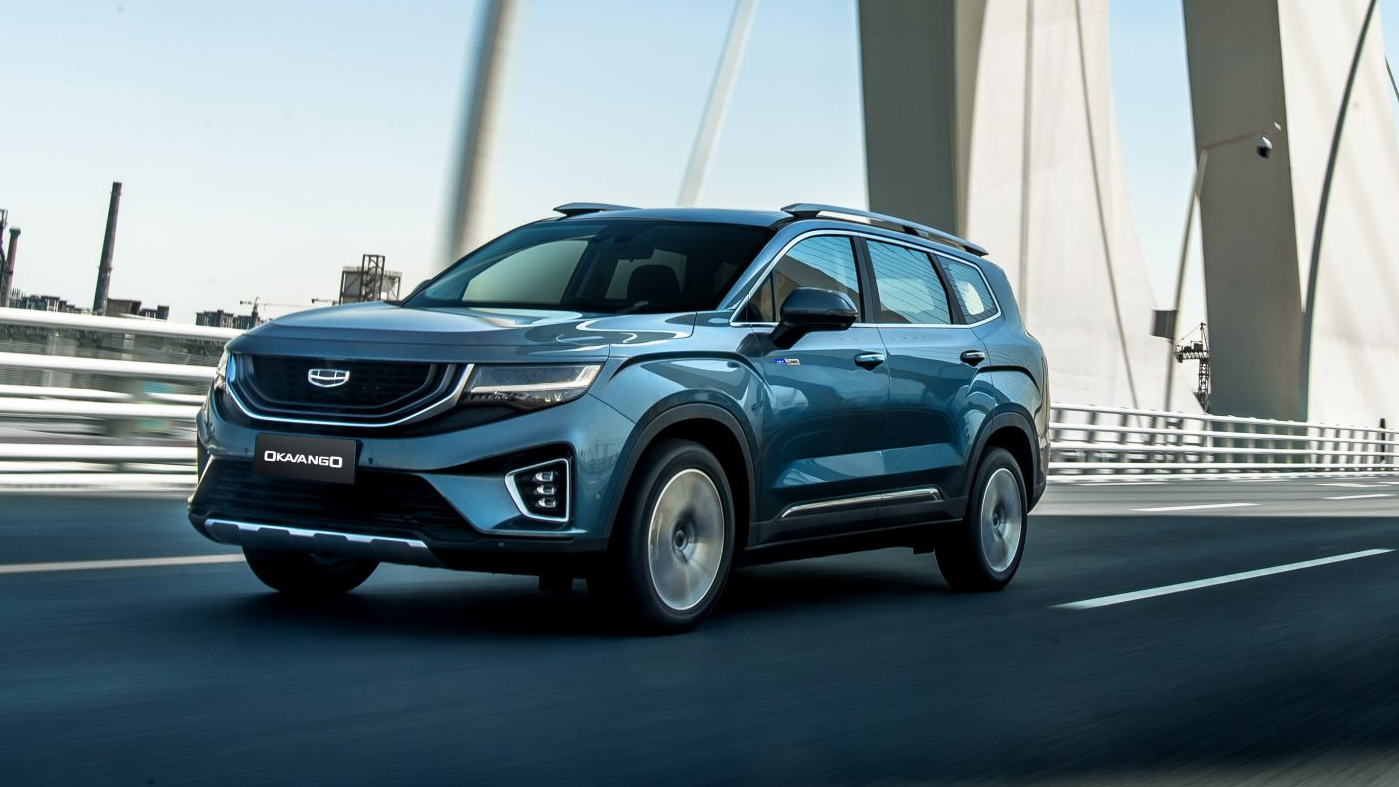Having only signed a distributorship deal with Smart last month, Proton is finally getting the ball rolling with the creation of a new company, Proton New Energy Technology (Pro-Net). This entity will not only handle Malaysian and Thai sales of the brand’s electric vehicles but also Proton’s own “new energy vehicles,” a term used in China to refer to all electrified vehicles, including hybrids and plug-in hybrids.
Pro-Net will reportedly be a wholly-owned subsidiary of Proton, headed by a separate management team and staffed by external hires from various industries. The company will be led by CEO Zhang Qiang, who has worked on the national carmaker’s sales and network management for the past five years and has a “long history” in the Chinese automotive industry.
Joining him is chief brand officer Salawati Mohd Yusoff, bringing with her 25 years of experience in the local automotive industry, along with chief information officer Sua Chek Hoong who has been in the communications and IT industry for the past 20 years. The trio will report to a board of directors that includes Proton CEO Li Chunrong, deputy CEO Roslan Abdullah, CFO Wang Huaibing and VP of human capital and admin Amran Mohd Tomin.
The new company’s focus is on developing home and public charging solutions for customers understandably sceptical about the readiness of the local EV infrastructure.

According to Li Chunrong, “our studies show consumer hesitancy to adopt new energy vehicles is tied to their concern about charging availability. Pro-Net intends to address the issue with a two-pronged approach combining the installation and maintenance of home-based chargers with a comprehensive public network to be built with partners specialising in the development and running of charging stations.
“As a Proton subsidiary, Pro-Net has a responsibility to ensure our products and services are accessible to all Malaysians regardless of where they reside so in addition to fixed chargers, we are also considering mobile solutions to expand our reach,” he added.

The company has an uphill battle ahead – its first model, the Smart #1 electric crossover, is only due to be launched in the fourth quarter of next year, giving it just a few months to benefit from the EV tax exemptions set to expire at the end of 2023. The company is hoping for the government to extend the incentives to enable it to sell between 800 and 1,000 cars a month. It eventually plans to sell 10,000 Smart vehicles in total by 2027.
Designed by Smart’s former parent company Mercedes-Benz, the #1 was developed by Geely as part of a joint venture between two firms. It’s powered by a 268hp electric motor and has a range of up to 439 km thanks to a 66kWh battery. There’s also a recently-introduced Brabus model that pushes out 422hp through two motors. These drive all four wheels, enabling the car to sprint from zero to 100 km/h in just 3.9 seconds.

As for Proton, its future plans are a little more vague. The expectation is that the carmaker will start off with mild hybrids first, adding a 48-volt belt-driven starter-generator (BSG) to its upcoming seven-seater SUV, widely tipped to be called the X90. This car is set to be based on the Geely Haoyue/Okavango – which already comes with this mild hybrid system – and should be launched sometime next year.
The company has also already confirmed plans to add plug-in hybrids and EVs to its lineup, although those models are likely quite a bit further away from reality.
[ SOURCE ]








